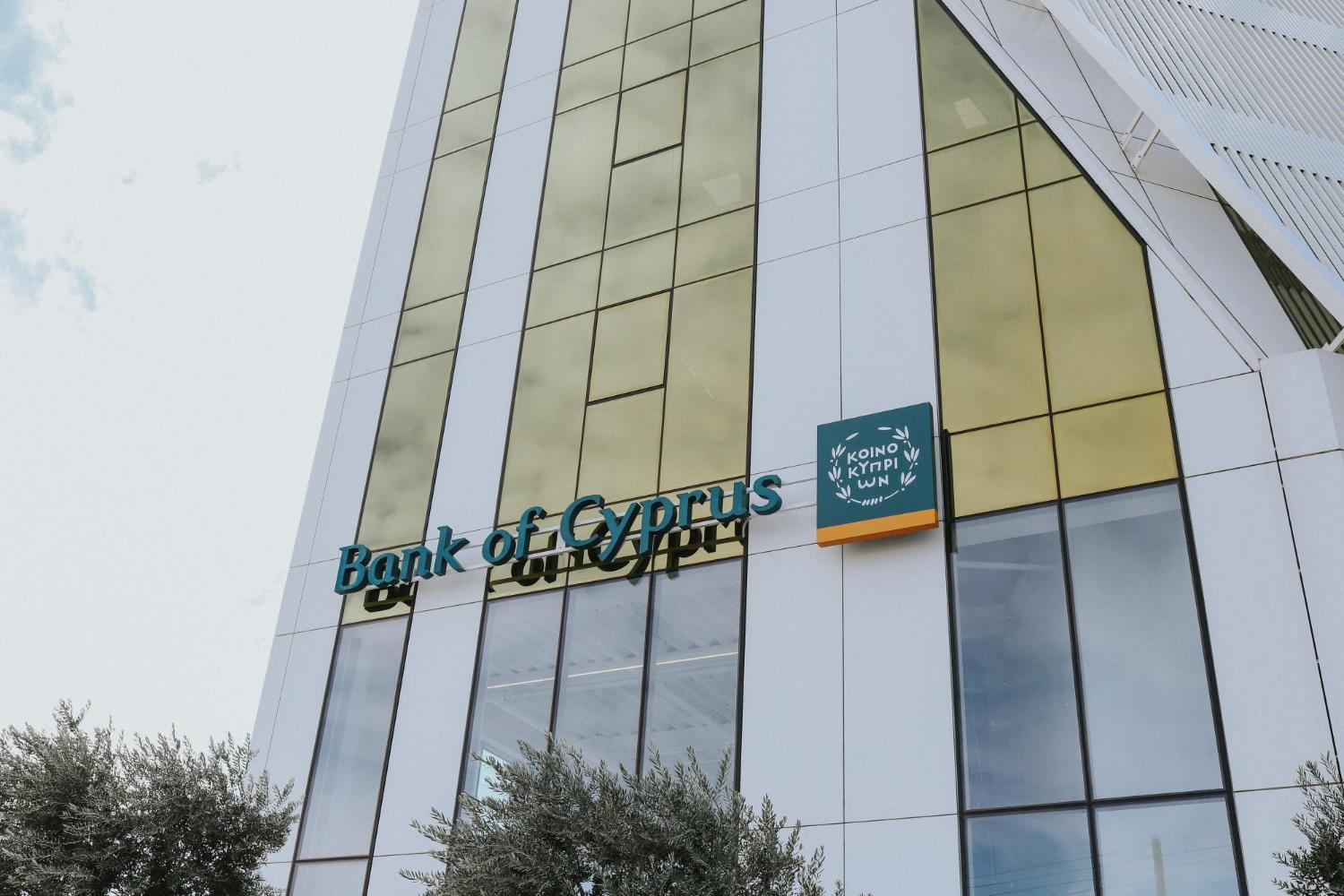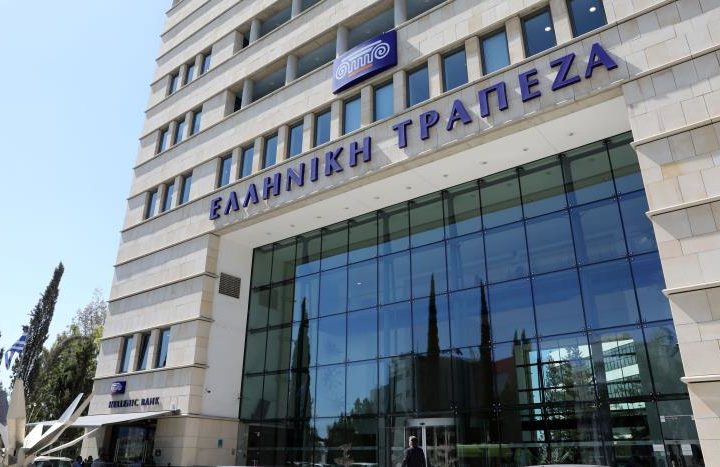Capital Intelligence has upgraded the Bank of Cyprus ratings on the back of improved earnings and strong liquidity, but warned that revenues continue to rely on interest from central bank placements.
The rating agency upgraded the long-term foreign currency rating (LT FCR) to ‘BBB-’ (from ‘BB’) and its short-term foreign currency rating (ST FCR) to ‘A3’ (from ‘B’).
At the same time, it has upgraded BoC’s bank standalone rating (BSR) to ‘bbb-’ from ‘bb’ and raised its core financial strength (CFS) rating to ‘bbb’ from ‘bb+’. The outlook for both the LT FCR and BSR is revised to ‘stable’ from ‘positive’.
The two-notch upgrade follows a similar upgrade of Hellenic Bank’s ratings last week.
CI Ratings said the core financial strength rating reflects the bank’s enhanced asset quality and capitalisation metrics, which together serve to reinforce its capacity to withstand potential future shocks. These gains are supported by improved earnings quality, underpinned by relatively diverse business segments within its domestic market, strong liquidity, and access to a stable and diversified funding base.
Prudent credit risk management and remedial measures in recent years meant to deal with legacy problem loans through non-performing loans (NPL) sales have resulted in substantially reduced NPLs at BoC. As of Q3 2024, the bank’s NPL ratio stood at a low 2.7% (2.4% excluding €27 mln NPLs held for sale – to be concluded in H1 25), with loan loss reserve coverage improving to a moderate 63%.
Overall asset quality is further supported by the structure of the bank’s balance sheet, which includes substantial placements with central banks (almost all with the European Central Bank) and investments in highly rated securities; together these constituted 45% of total assets.
“We expect loan asset quality to remain sound in the near term, although it will remain closely linked to the performance of the local economy given the bank’s domestic focus,” the ratings’ authors said.
CI Ratings added that capitalisation metrics continued to strengthen, as improved profitability coupled with low dividend payouts have meant strong internal capital generation. The latter may be somewhat constrained by a planned higher 50% dividend payout ratio in respect to 2024 earnings, but the need for additional capital has been alleviated following the rehabilitation of the loan book.
Moreover, the listing of the bank’s shares on the Athens Stock Exchange (ASE) in September 2024, along with their inclusion in two indices, has enhanced stock liquidity and visibility, which should foster greater investor interest for any future debt or equity issuances. By Q3 2024, the bank had already met the year-end 2024 MREL ratio targets set by the Single Resolution Board (SRB).
Profitability at good levels
Operating profitability remained at good levels during the period, maintaining the significant gains seen in the previous year. However, income generation exhibits high reliance on interest sensitive placements with central banks.
Going forward, the anticipated pressure on interest income due to declining rates will be partly mitigated by hedges in the form of investments in longer-dated fixed-income securities, together with greater use of longer-term reverse repo transactions, implementation of fixed-rate receiver swaps and increased fixed rate lending.
“We also expect non-interest income to continue making a satisfactory contribution to operating income, having formed approximately 25% in the 9 months to September 2024.”
The rating agency cautioned that the current limited avenues available to profitably deploy surplus low-cost liquidity remains a rating challenge.
Similarly, the domestic market is small and still faces certain system issues. These include the still high level of indebtedness in the country and the large stock of unresolved NPLs (albeit no longer held by local banks).
Ongoing challenges in foreclosures and realisation of real estate collateral also represent risks that could impact the evolution of the bank’s ratings.
“The bank is examining possibilities for expanded international lending, but we expect that any loan growth in this direction would be both gradual and in sectors where the bank has a high level of expertise.”
An upgrade in the ratings could occur if the expansion of new business lines is substantial enough to diversify the product range, reduce sectoral concentration risk, and further enhance earnings quality, without negatively impacting asset quality. Any upgrade to either the ratings or the outlook would also require an improvement in the bank’s operating environment risk anchor (OPERA) assessment.










